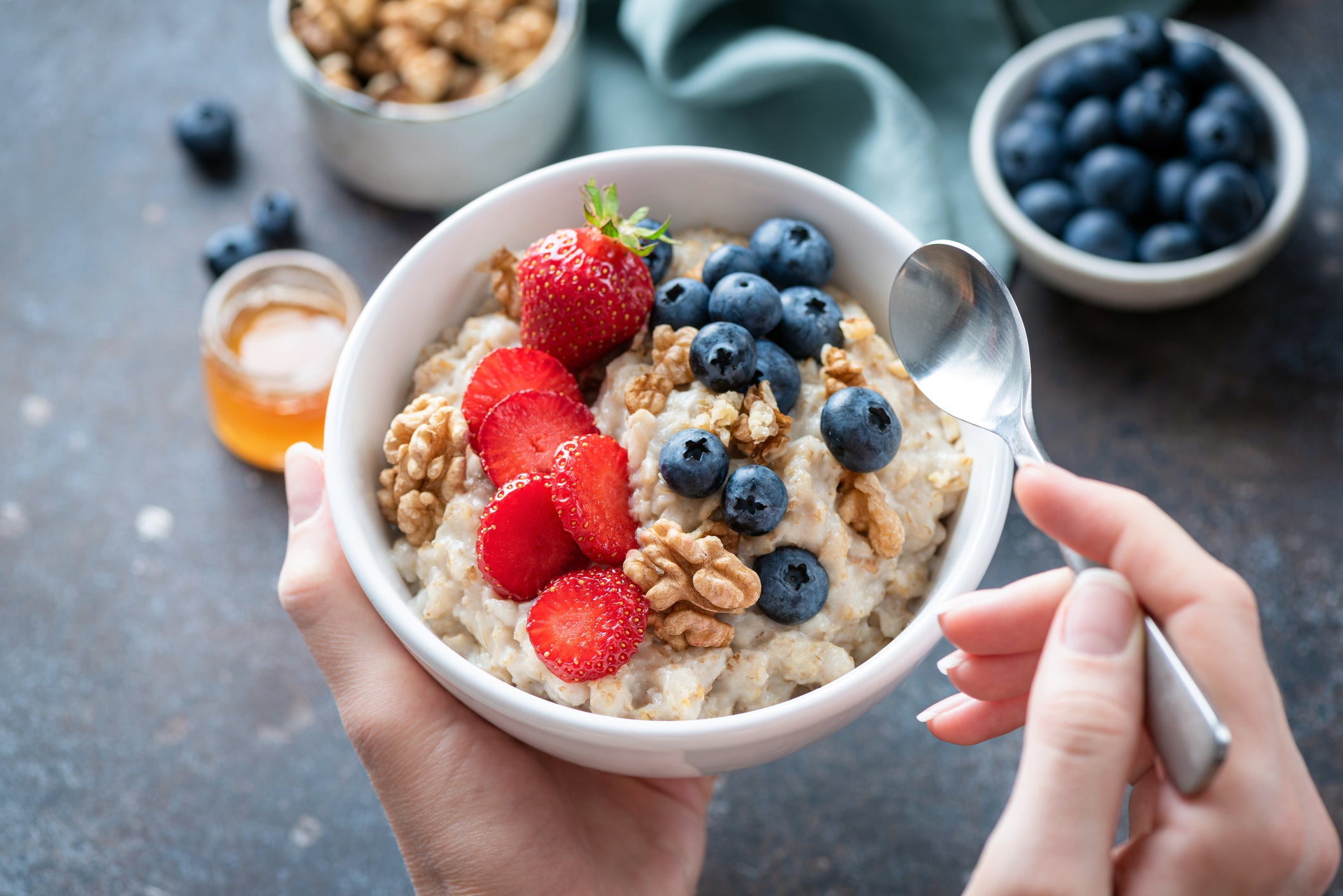What you should eat and drink to lower your dementia risk
The foods have also been linked to a reduced risk of chronic diseases such as cardiovascular disease

A study has revealed what you should snak on to lower your risk on demantia.
At present, there are around 1 million people in the UK living with a form of dementia. This figure is projected to rise to 1.4 million people by 2040.
New research has now found that people who consume more foods rich in flavonoids, such as berries, tea, red wine and dark chocolate, could lower their risk of dementia.
Led by a team of researchers at Queen’s University Belfast, the study reported that increasing the intake of flavonoid-rich foods and drinks could help reduce the risk of developing the incurable illness by 28%.
While age and genetics contribute substantially to the development of the disease, the researchers said evidence has shown that risk factors such as diet can play an important role in prevention.
The study said that flavonoids, primarily found in plant foods, have a range of health benefits, including antioxidant, anti-inflammatory and anti-cancer properties.
They have also been linked to a reduced risk of chronic diseases such as cardiovascular disease, as well as improved cognitive function.
The study published in JAMA Network Open and led by Professor Aedin Cassidy, Co-Centre for Sustainable Food Systems and Institute for Global Food Security at Queen’s said: “The worldwide prevalence of dementia continues to increase rapidly.

“In this population-based cohort study, we analysed dietary data from over 120,000 adults aged between 40 and 70 years from the UK Biobank.
“Our findings show that consuming six additional servings of flavonoid-rich foods per day, in particular berries, tea and red wine, was associated with a 28% lower risk of dementia.
“The findings were most noticeable in individuals with a high genetic risk as well as those with symptoms of depression.”
First author of the study, Dr Amy Jennings, from the School of Biological Sciences at Queen’s said: “These results provide a clear public health message as they suggest that a simple measure such as increasing daily consumption of flavonoid-rich foods may lower dementia risk, especially in populations at high risk.
“Currently, there is no effective treatment for the disease so preventive interventions to improve health and quality of life, and reduce social and economic costs, should continue to be a major public health priority.”
Join our commenting forum
Join thought-provoking conversations, follow other Independent readers and see their replies
Comments
Bookmark popover
Removed from bookmarks